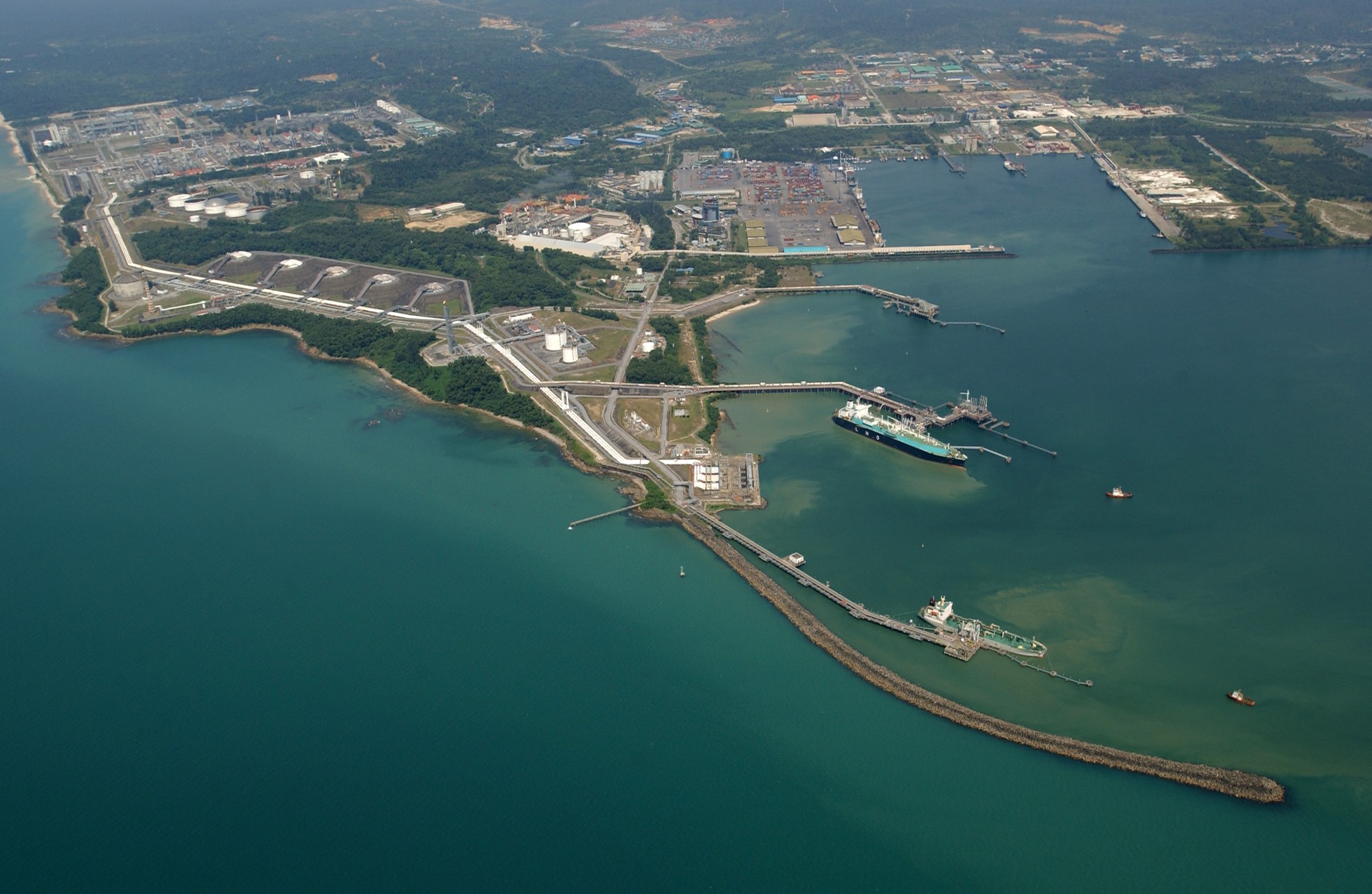This story requires a subscription
This includes a single user license.
The Petronas-operated Bintulu plant, which has shipped more than 12,000 LNG cargoes since it started operations back in 1983, consists of nine trains and supplies key demand centers such as Japan, South Korea, China, and Taiwan.
The LNG complex has a capacity of about 29.3 mtpa and includes MLNG Satu, MLNG Dua, MLNG Tiga, and Train 9, which started commercial operations in 2017.
According to a statement by Petronas on Friday, the new agreements outline Mitsubishi’s investment in MLNG Dua and MLNG Tiga for the next decade.
This includes the extension of Mitsubishi’s 10 percent equity shareholding in MLNG Dua and reinvesting a 10 percent equity shareholding in MLNG Tiga.
Petronas said the agreements mark Mitsubishi’s continued participation in the two ventures, along with associated marketing activities and LNG deliveries from Bintulu to Japan.
Petronas did not provide the pricing details of the deals.
MLNG Dua launched operations in 1983, and the plant has three trains with a total capacity of 9.6 mtpa, while MLNG Tiga launched in 2003, and the plant has two trains with a total capacity of 7.7 mtpa, according to GIIGNL data.
In 2023, Petronas delivered 403 LNG cargoes from the Bintulu facility, down two cargoes from 2022.
During the first half of this year, Petronas delivered 192 LNG cargoes from the facility.
This is down eight cargoes compared to 200 shipments in the first half of 2023.
Mitsubishi boosting LNG business
With these new deals, Mitsubishi continues to grow its global LNG business.
The company says LNG is the “fuel of choice in the age of energy transition.”
Earlier this year, Mitsubishi made a strategic investment in MidOcean Energy, the LNG unit of US-based energy investor EIG.
Mitsubishi has been active in the LNG sector for over 50 years, with investments in 12 projects in eight countries.
The projects include Sempra’s Cameron LNG terminal in the US and Shell’s LNG Canada, which is expected to go online next year.

